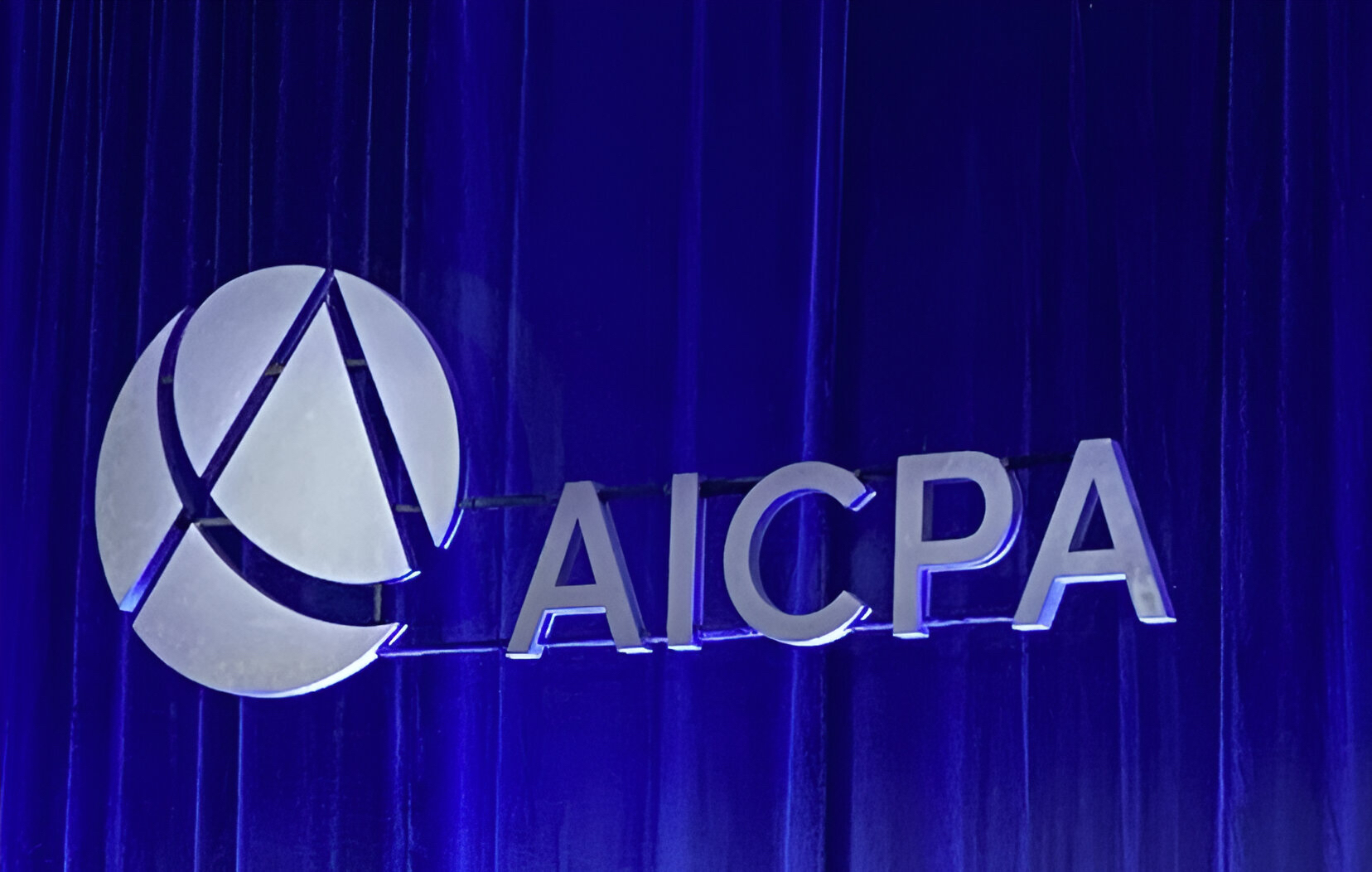The Internal Revenue Service (IRS) has not made enough progress in reducing improper payments of Earned Income Tax Credits (EITC), according to a new report by the Treasury Department agency that oversees the nation's tax collectors.
the Treasury Inspector General for Tax Administration (TIGTA) finding came in a review of the IRS’s compliance with the Improper Payments Elimination and Recovery Act of 2010 (IPERA), which requires Federal agencies to estimate improper payments for all programs in which such payments are significant. The IPERA requires TIGTA to assess the IRS’s compliance with improper payment requirements.
The Office of Management and Budget (OMB) has declared the EITC Program a high-risk program that is subject to reporting in the Department of the Treasury Agency Financial Report. The IRS estimates that 22 to 26 percent of EITC payments were issued improperly in Fiscal Year 2013. The dollar value of these improper payments was estimated to be between $13.3 billion and $15.6 billion.
“The intent of this law is to help ensure that the Government serves as a responsible steward for the tax dollars it collects. As noted in previous TIGTA reports, the IRS can and must do more to protect taxpayer dollars from waste, fraud, and abuse,” said J. Russell George, Treasury Inspector General for Tax Administration.
Finally, although risk assessments were performed for each of the programs that the Department of the Treasury required the IRS to assess, the risk assessment process still may not provide a valid assessment of improper payments in tax administration. As such, the EITC remains the only revenue program fund to be considered at high risk for improper payments.
TIGTA did not make any recommendations in this report. In its response to a draft of the report, the IRS stated that it had received guidance from OMB that will allow it to resolve the non-compliant areas identified by TIGTA.
Thanks for reading CPA Practice Advisor!
Subscribe Already registered? Log In
Need more information? Read the FAQs
Tags: Income Taxes, IRS, Taxes



